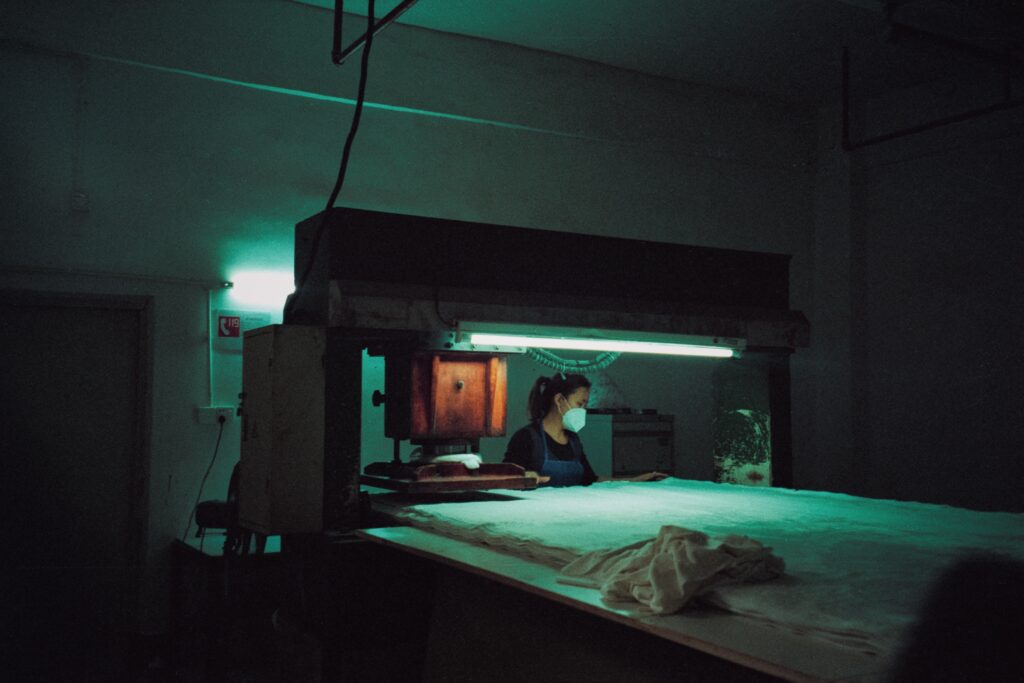The Faces Behind the Circular Fashion Partnership: Mostafiz Uddin

The Faces Behind the Circular Fashion Partnership: Mostafiz Uddin

Mostafiz Uddin is quite the phenomenon of the fashion industry. As the Managing Director of Denim Expert Ltd (2009) and Founder and CEO of Bangladesh Apparel Exchange (BAE) (2016), Mostafiz is a visionary entrepreneur who owns a niche, environmentally sustainable and socially responsible compliant garment manufacturing plant in Bangladesh. He is contributing to the development of a transparent and sustainable apparel ecosystem, both regarding social conditions for his employees and material wise. With a natural charm and strong work ethic, he is considered to be a game changer and sees the introduction of sustainable practices, innovations and fashion disruptions as keys to the future of fashion.
Even though Mostafiz is a selfless promoter of responsible business, transparency and circularity in the global apparel industry, he received Honourable Mention in the Economic Forum’s ‘Excellence in Sustainability’ category, November 2020. He is also a strong supporter of the recently launched Circular Fashion Partnership, so we asked him four quick questions:
“I believe to bring change the best way is to set example. So, this belief inspired me to a make difference in the apparel industry. I tried to establish my factory Denim Expert Limited as a model of practicing sustainability. I also as an individual put my best efforts to bring positive changes in Bangladesh apparel industry.”
“Practicing sustainability knowledge is very important. From my organization Bangladesh Apparel Exchange (BAE) I have launched several annual initiatives such as Bangladesh Denim Expo, Sustainable Apparel Forum (SAF), Bangladesh Fashionology Summit etc to equip the country’s apparel industry with the knowledge to drive sustainability. The initiatives are also making the bridge between the apparel manufacturers, buyers, policy makers of the country and experts to accelerate the momentum of sustainability.”
“The fashion’s supply chain now follows traditional linear manufacturing system. They do have any proper demonstration of circular business yet. So, a massive capacity development is required to make the shift towards circularity. As circularity is something which cannot be inspired and encouraged through compliance, buyers could offer incentives to manufacturers to encourage practising the circularity. The incentives could be in the forms of good price or their commitments of placing good orders for longer period of time. However, we the manufacturers should also embrace circularity not only for the global demand of circular products is increasing, but also for being responsible in our business by ourselves. Manufacturers should not always wait for buyers’ intervention rather they should be also proactive in promoting circularity.”
“Of course. The Circular Fashion Partnership is the first of its kind in Bangladesh. To my knowledge, this is for the first time such a partnership has been formed to promote circularity in Bangladesh which is the 2nd largest apparel exporting country in the world. So, I believe that it will have also a big impact on the global fashion industry. I congratulate and thank P4G, Global Fashion Agenda, BGMEA, Reverse Resources, Bestseller, OVS and all the parties involved for launching the partnership.”